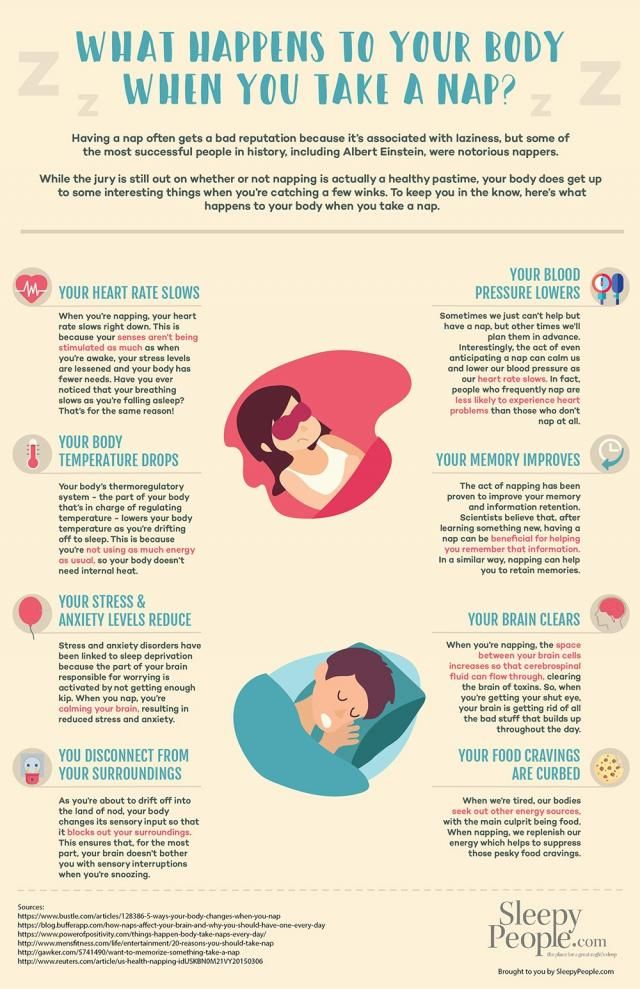Find a Provider
(801) 429-8000
1055 North 500 West
Provo, UT 84604
Posted by Revere Health
January 19, 2016 • Wellness Institute
For many people, with a new year comes new—or renewed—fitness goals. Motivation may be high in the beginning, but what about those days when our resolve is lacking or we’re just too tired to fit in a workout? Here are 14 ideas to help keep you on track:
Getting involved with any type of fitness class, like Zumba, can help provide some motivation. Classes are also a great activity for friends, or a chance to make new ones. Find a class you are interested in, or be brave and try a new one! Revere Health’s Wellness Institute has a Zumba class Wednesday evenings at 5:30 pm.
Walking for exercise may get disregarded since we do it all the time, but our bodies are burning energy nonetheless. Walking is a good alternative when you’re tired, because it’s simple, doesn’t require much thought, and is convenient: use a treadmill or hit the pavement! For a short, but intense workout, increase the incline on the treadmill or walk up some hills.
You don’t need fancy equipment to get a good workout; all you need is your own body weight. Common calisthenics exercises include: push-ups, sit-ups, pull-ups, lunges, squats, jumping jacks, tricep dips, and planking. Body weight exercises can be adjusted to your intensity level, so do a few circuits of exercises and you’re done in about 20-25 minutes. Remember to avoid heavy weights when you’re feeling tired!
If you have a particular schedule and want to stick to it, simply shorten the amount of time or reps. Some research suggests that shorter workouts can increase resting metabolic rate (RMR) and improve bone density.
High-Intensity Interval Training (HIIT) has become very popular recently because it’s short and effective, lasting between 15 – 30 minutes. HIIT has been shown to boost metabolism, burn fat, increase endurance, build muscle, and can be applied to almost every type of exercise. Here’s an example workout for the treadmill:
HIIT has been shown to boost metabolism, burn fat, increase endurance, build muscle, and can be applied to almost every type of exercise. Here’s an example workout for the treadmill:
Warm-up – 2 minutes @ 2-4 mph
*repeat jog and sprint sequence 7x*
*repeat recover, jog, sprint sequence 6x*
This type of HIIT workout lasts 5-20 minutes—perfect for when you lack motivation. These exercises can be done at home since you use your own body weight. Usually, workouts consist of 8-10 intense exercises broken down in four rounds with each exercise done for 20 seconds (resting for 10 seconds in between reps if you want). For example:
For example:
*rest and repeat 2-4 times*
This targets major muscle groups of the lower body, so you’ll be burning plenty of calories, even in a short duration. You don’t really have to think about much; just climb! Use the machine at the gym, an aerobic step, your stairs at home, or hit the football bleachers at your local high school.
Workout during your favorite show. Do some body weight exercises during the show (squats, lunges, crunches, tricep dips, etc.), then do cardio during the commercials (jogging/marching in place, jumping jacks, front kicks, etc. ).
).
Another workout you can do at home or in the gym. Targeting your abs is a great way to increase core stability and strength, without feeling super wiped out.
Have the motivation but not the energy? Yoga is the way to go. It’s a good alternative to help your body refocus and rejuvenate. The fluid movements of yoga keep your muscles strong, improve flexibility, and can reduce stress. Revere Health’s Wellness Institute offers a yoga class Monday and Thursday nights at 5:30 pm.
Stretching is vital to your body’s overall fitness and wellness. Intense workouts cause lactic acid to build up in your bloodstream, and muscle recovery causes soreness and stiffness. Stretching, drinking plenty of water, and adequate rest will help alleviate muscle soreness and get rid of lactic acid buildup. By taking time to stretch before and after your workout, your flexibility will improve, your risk of injury lessens, and your circulation will increase.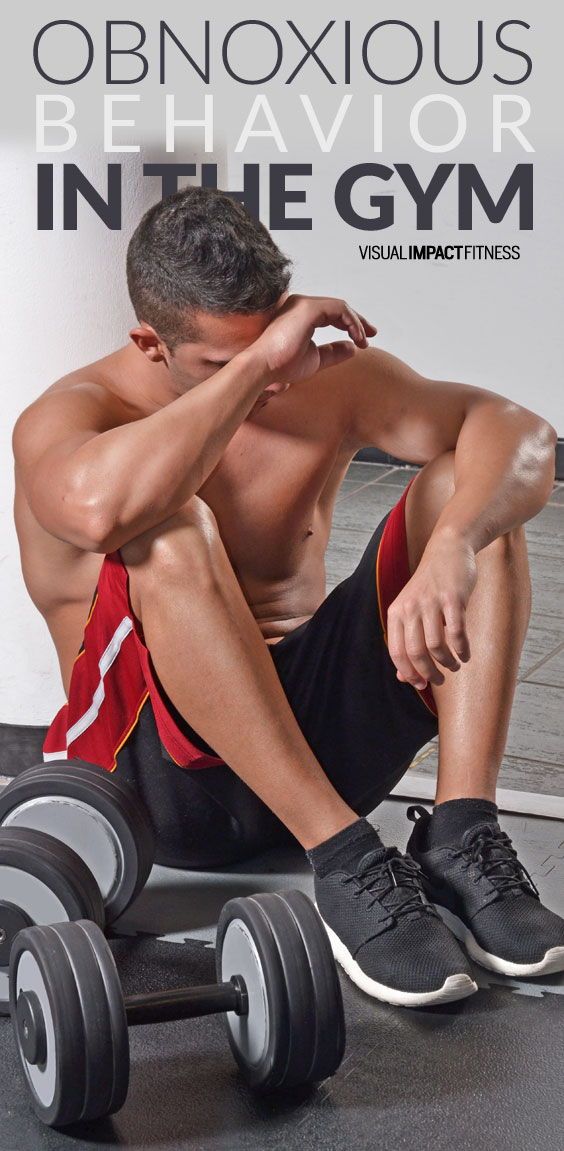 On days you feel too sore or fatigued, a relaxing stretching session can go a long way.
On days you feel too sore or fatigued, a relaxing stretching session can go a long way.
People don’t usually associate this with fitness, but you’re moving your body and burning calories while cleaning up your place, sometimes for up to 2 hours! Think about it: you use your arm muscles for polishing, your arms and core for sweeping, mopping, and vacuuming, and your legs by going up and down the stairs. Once you’re finished, you’ve got the house tidied up and your workout is done at the same time. Double accomplishment!
This is also known as self-myofascial release (SMR), which is used by Physical Therapists for muscle recovery and to prevent muscles from becoming overactive. This can help improve your movement and is stress-free. Be sure to focus on your hips.
Ask yourself: am I truly exhausted, or am I choosing not to move? There are days when you just need to sleep. If you didn’t sleep enough, then head to bed and not the gym.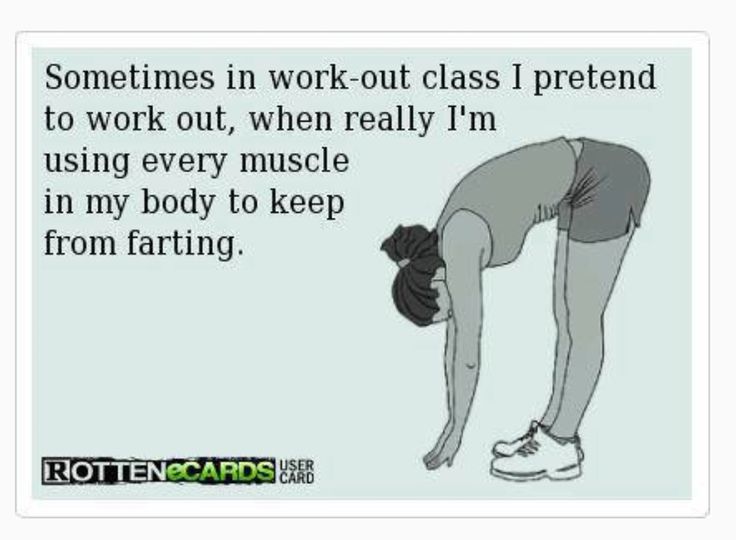 If you injure yourself, give your muscles some recovery time; you don’t want to trigger a cycle of fatigue.
If you injure yourself, give your muscles some recovery time; you don’t want to trigger a cycle of fatigue.
The Active Times
WRITTEN BY:
Learn more about Telehealth
October 21, 2022
October 21, 2022
October 13, 2022
October 13, 2022
September 14, 2022
September 14, 2022
August 12, 2022
August 12, 2022
See more posts
This information is not intended to replace the advice of a medical professional.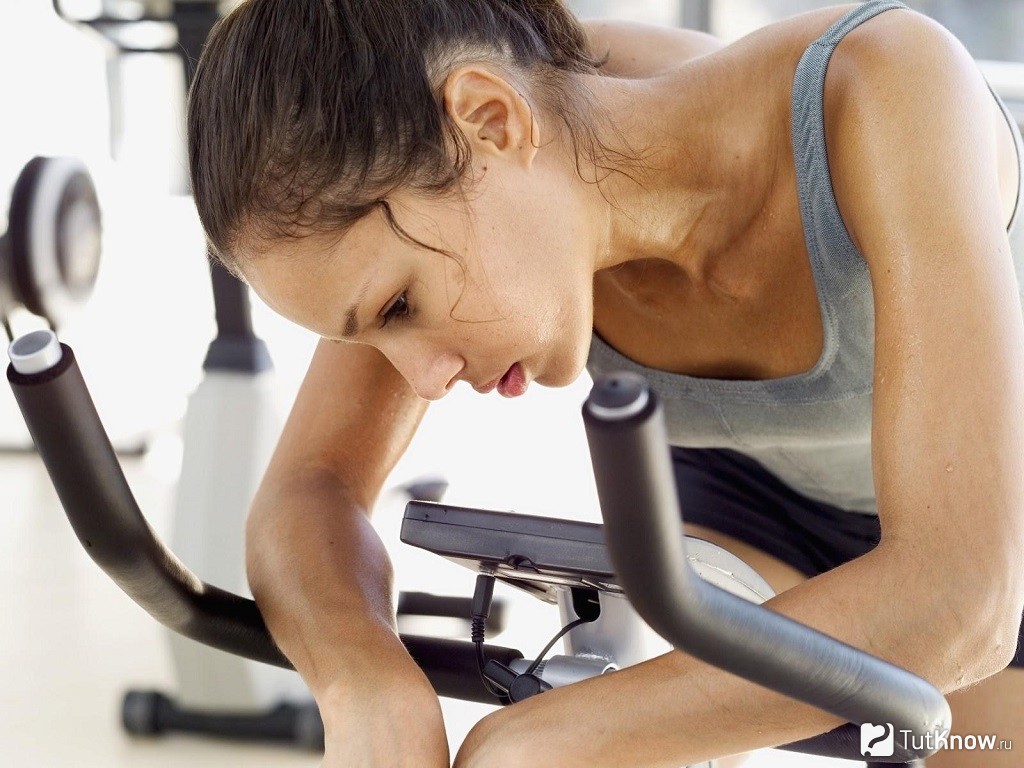 You should always consult your doctor before making decisions about your health.
You should always consult your doctor before making decisions about your health.
Fitness
It’s part science, part art, part just take a nap if you want to.
By Shauna Harrison, Ph.D.
David Urbanke
I wish I could tell you that there’s always just one right answer to that age-old dilemma “I’m feeling tired and I only have enough time for more sleep or a workout, not both.” Here’s the thing. It really does kind of depend.
I know that my “it depends” response is not very helpful at 6:08 a.m. when you’re trying to decide between one more snooze cycle or resetting the alarm for 8 a.m. It doesn’t help at 4:58 p.m. when you’ve been stuck in front of a computer all day and you’re trying to decide between zoning out or working out. It doesn’t help when you are torn between a nap and a jog on a weekend afternoon. You’re tired. You need some energy. But you need some sleep. But you want to work out. But you’re tired. Just. So. Damn. Tired.
It doesn’t help when you are torn between a nap and a jog on a weekend afternoon. You’re tired. You need some energy. But you need some sleep. But you want to work out. But you’re tired. Just. So. Damn. Tired.
Right now, especially, when so many of us are practicing social distancing, our day-to-day lives and routines have changed a lot, and this can make it even more difficult to decide between sleep and a workout. Maybe you have less time to work with because your kids are at home with you. Maybe you’re not sleeping well because of everything that’s going on right now. But you’re extra invested in maintaining your routine because normalcy feels so good (and both exercise and sleep are so important for health!). Look, I get it. So I’m here to help disentangle this decision-making process so that you feel equipped to do what you need to do for your mental and physical health and well-being.
For me personally, it depends first and foremost on what type of tired I am. (By the way, nothing says you’re over 40 like having categories of tired, and I’m proudly 42, with just about that same number of delineations for fatigue and feeling tired. ) Some types of tired I know right off the bat will necessitate sleep, while other types scream, “Take me for a run!” Those are the far ends of the spectrum, though. It’s all the points in between that make the decision more complex.
) Some types of tired I know right off the bat will necessitate sleep, while other types scream, “Take me for a run!” Those are the far ends of the spectrum, though. It’s all the points in between that make the decision more complex.
Listen, I can’t help it. I’m a public health Ph.D. and I love me some data. I’m always going to start my decision process with at least a baseline understanding of the research (because science). The science on sleep is plentiful, but here are some highlights that are constantly floating through my mind, especially in light of the new coronavirus pandemic, as many of us are extra focused on our health and well-being.
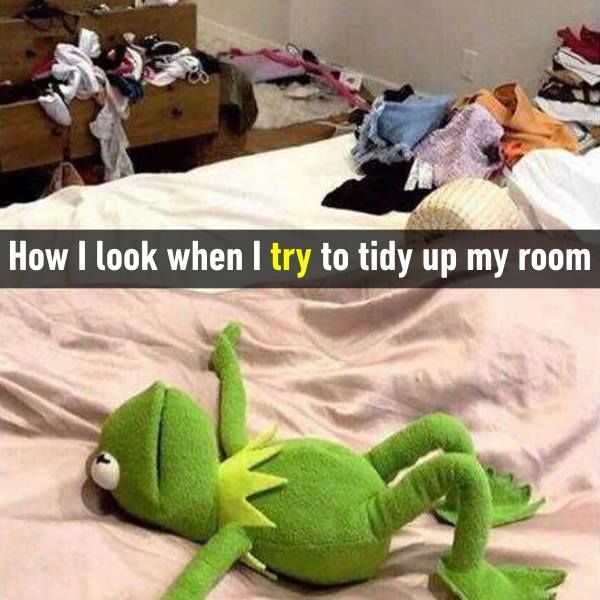 (Check out SELF’s reporting on how much sleep you need, why, and how to get more here.)
(Check out SELF’s reporting on how much sleep you need, why, and how to get more here.)So, while the research tells us that exercise is good for you (and good for sleep) and sleep is good for you, the data can’t really tell us how to answer our specific question of sleep versus exercise. This is partly because there isn’t really research on whether one should be prioritized over the other or the pros and cons of working out when you’re tired (or, I guess, sleeping when you could be exercising). The other thing, though, is that data is really just a jumping-off point.
Studies don’t know my body! Research doesn’t know my needs! The data will never be able to make the sleep-versus-exercise decision for me. Only I can do that. How, then, do I figure out which one I need more of at a given moment?
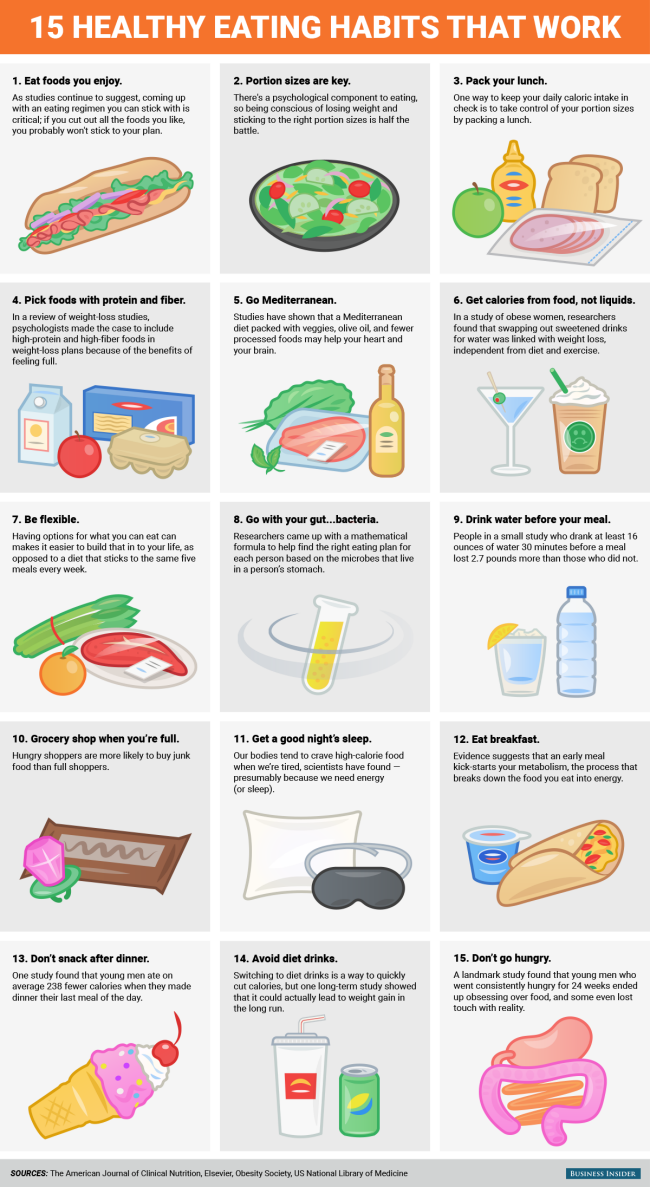
I listen to my body, intently and incessantly. I’ve had to learn (the hard way) how to constantly tune in to what I’m feeling and what I need, because my body, soul, and mind sometimes like to play the age-old game of telephone, which means that sometimes the messages get scrambled along the way. When this happens to me, it can lead to both injury and illness.
Training is a HUGE part of my life and job, and it’s something I absolutely love. So I know that my personal tendency will not be that I need to be convinced to peel myself off the couch. It is far more likely that I will need to be convinced to tell my deeply ingrained instinct to hustle to chill the eff out. I naturally err on the side of “more workout,” and I quite often need to check myself and lean into “more sleep.” I realize that is not the case for everyone, and to be honest, it’s definitely improved as I’ve gotten older. To be really honest, 22-year-old me probably wouldn’t have even read this article, let alone written it, but I’ve lived and learned and been injured and all the things, so I listen better.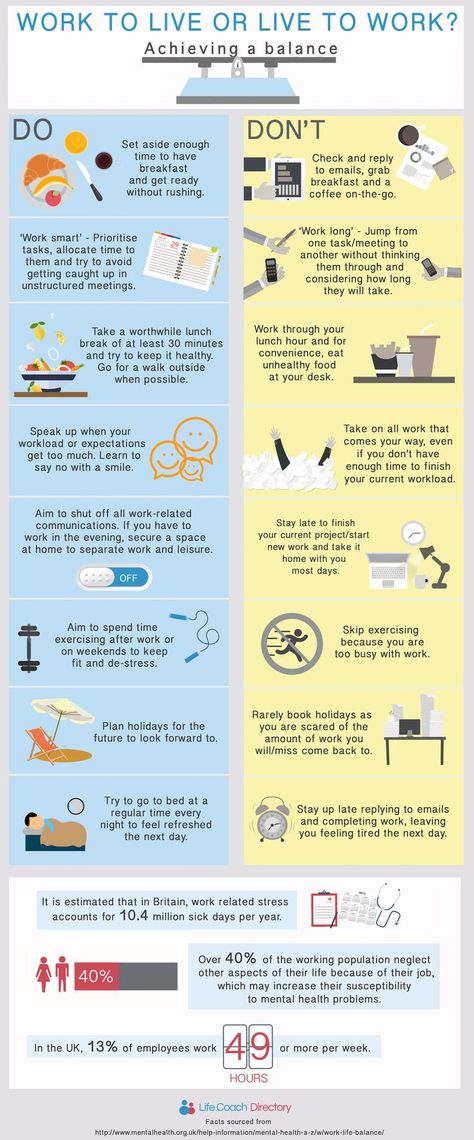 Not perfectly, but better.
Not perfectly, but better.
Most Popular
Whether you tend toward team “more workout” or team “more sleep,” the most important and useful thing to note here are your own tendencies. This is definitely a check-yourself-before-you-wreck-yourself type of situation. We all have our things and our tendencies, and it can be superhard to be bluntly honest about what we need in the moment. It has taken years (plus some torn hamstring tendons and a recent meniscus surgery) for me to be really, really real with myself. I hope that you can skip the injuries and extra years and just learn to listen better now.
So, when faced with the decision between sleep or exercise, just know that you’ll probably automatically gravitate to whatever is familiar and instinctual to you. To help override those natural impulses and really tune in to what my body needs at that particular moment, I like to ask myself these questions:
How much sleep did I get the night before? At least seven hours?
Will training now help me sleep better tonight?
How fatigued is my body? How hard have I trained this week? What do I have the next day?
Any aches, pains, or injuries? Will my body benefit from a little bit of rest? Am I putting myself at risk for (more) injury?
How am I feeling emotionally? Did I have a super-intense therapy session? A really hard phone call? A day that surfaced old trauma?
How distracted am I mentally? Am I on a deadline? Mentally all over the place? Did I just spend eight hours in front of a computer?
Have I been traveling/is my immune system working overtime? Am I feeling run down?
Will a quick nap help? Or meditation? Or journaling? Being still for a few to gather my thoughts and energy?
How will skipping this workout make me feel later? Rested? Stronger?
Is my ego getting in my way? Am I just trying to push myself too hard to prove (to literally no one) that I am a badass? Or that I’m not weak? Or that I (ridiculously) think that I don’t need to rest?
Most Popular
Now, look, I can’t tell you what to do based on your answers.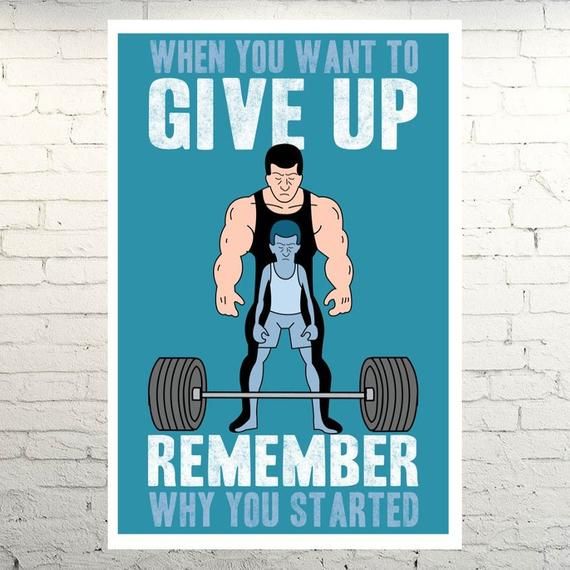 Some people might need a hard workout after an emotionally intense day, whereas others need quiet alone time and a total break from activity. The point of these questions, in other words, isn’t to arrive at the “right” answer, but to guide yourself in thinking more intentionally and critically about what your body and mind are asking you for.
Some people might need a hard workout after an emotionally intense day, whereas others need quiet alone time and a total break from activity. The point of these questions, in other words, isn’t to arrive at the “right” answer, but to guide yourself in thinking more intentionally and critically about what your body and mind are asking you for.
The list of questions is exhausting on its own, I know. But the more you start to pay attention, take mental notes, really listen, the more you’ll know exactly what your body needs. The eternal debate will answer itself. For example, I’ve learned that if I’m even at a point where I am legitimately questioning if I should rest or not, it’s an immediate red flag. I know that the mere fact that I’m unsure is an indication that I likely need to rest. Any indecision is usually my ego just trying to prove itself as the overachieving hustler at the expense of the rest that my body really needs.
So, yes, my answer is still “It depends,” though in my specific case, my answer is usually: “Choose sleep. ” To answer the question for yourself, you’ll probably need to have some hard conversations with your own body.
” To answer the question for yourself, you’ll probably need to have some hard conversations with your own body.
Related:
Shauna is a self-proclaimed nerd, hip-hop head, jock, and yogi. A graduate of Stanford, UCLA and Johns Hopkins, she simultaneously pursued academics and fitness obtaining her PhD in Public Health and teaching fitness classes across the country. Through her unique style and authenticity that blends her love for hip hop,... Read more
SELF does not provide medical advice, diagnosis, or treatment. Any information published on this website or by this brand is not intended as a substitute for medical advice, and you should not take any action before consulting with a healthcare professional.
TopicsThe Sweaty Professorsleepexerciseworking outnapsleeping
More from Self Moscow 24 observer, fitness expert and TV presenter Eduard Kanevsky told what to do if you are tired of training, but you don’t want to lose the result you have gained.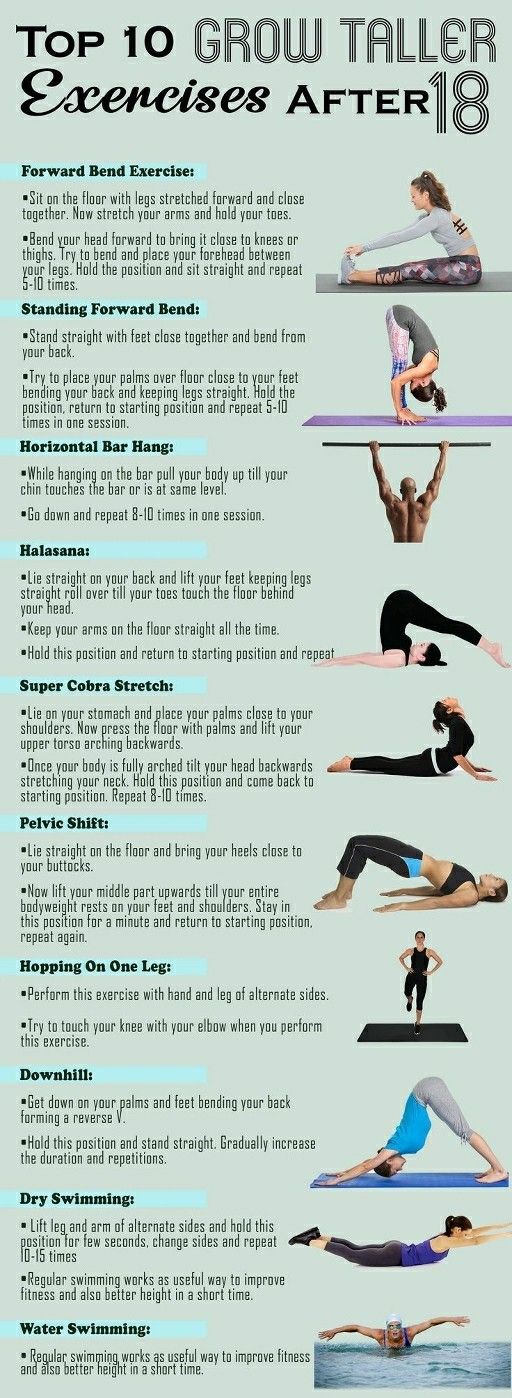
Photo: depositphotos/Vadymvdrobot
I have been doing sports for 25 years. When I started, I just liked going to training. I played football, athletics, rugby, boxing. But in none of these disciplines I was able to achieve serious success, and the goal was good - to become a master of sports. There are many reasons that did not give me a good result (including health problems). And now, after many years, including already working as a coach, I receive the coveted red book, which I am proud of. After all, I was able to pass the standard in the "deadlift" movement only at the age of 33. 25 years of trial and error, trauma, disappointment and enthusiasm have led me to my cherished goal, and I am proud of my perseverance and the result.
And when clients tell me how difficult it is for them to lose weight or gain muscle mass, moreover, they complain about elementary laziness, I tell them my story, and it motivates them. Moreover, the lion's share of fitness club visitors do not set themselves such global tasks, and their hands give up much earlier than the result can come.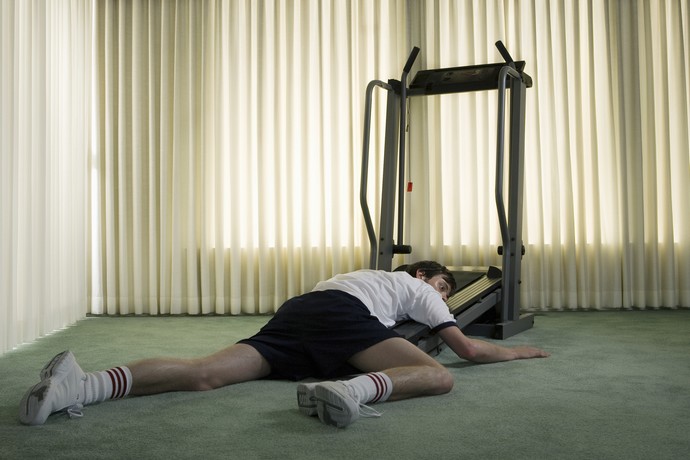 Everyone believes in miracles and does not think that any result is regular and patient work.
Everyone believes in miracles and does not think that any result is regular and patient work.
But there are those who have been training for years. There is a result, often good, but at some point the desire to practice disappears altogether. Each workout is given with a fight, the lesson itself goes through strength, the person begins to cheat: reduces the load, shortens the workout, quits doing the exercise halfway through, and so on. Moreover, such an attitude is transferred to all spheres of life related to sports: the diet is disturbed, the desire to follow the diet disappears, serious breakdowns often occur, including alcohol.
You want more, but the body - and this is normal for people who are constantly exercising - no longer responds so effectively to the load.
So how to get out of the psychological or physiological "plateau"?
Photo: depositphotos/VitalikRadko
1. It is necessary to take a weekly (maximum ten days) break from any load in general.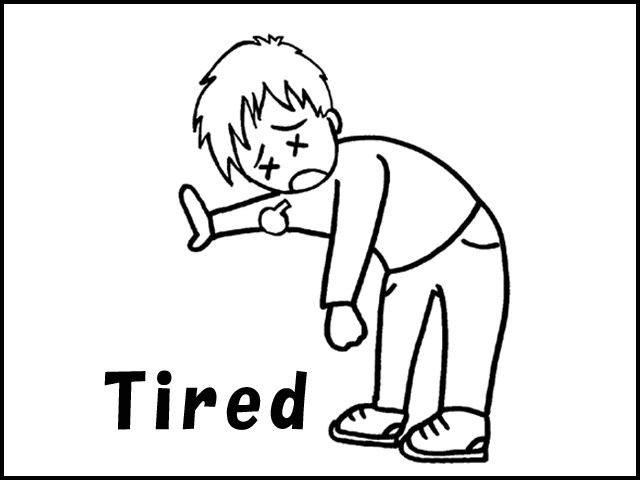 The fact is that from constant training, especially for wear, the central nervous system gets tired first of all, because it actively takes part in the training process. That is why she needs rest. Moreover, especially if you are in the gym, you need to understand that muscle tissue also never fully recovers. Plus, it accumulates metabolite products (decomposition of organic substances during training), which, among other things, interfere with full recovery. This is one of the reasons why the result "gets up". This means that your muscles need a good rest from any force impact.
The fact is that from constant training, especially for wear, the central nervous system gets tired first of all, because it actively takes part in the training process. That is why she needs rest. Moreover, especially if you are in the gym, you need to understand that muscle tissue also never fully recovers. Plus, it accumulates metabolite products (decomposition of organic substances during training), which, among other things, interfere with full recovery. This is one of the reasons why the result "gets up". This means that your muscles need a good rest from any force impact.
Many will now be indignant: they say, how is it, I will lose the score! No, a break of up to ten days will not affect your form. Rather, on the contrary: after a good rest, your muscles will contract better and give new results.
2. Instead of exercising, focus on calming the nervous system to improve your emotional state. Take long walks as a rule, but strictly in the fresh air. Breathe deeply, enjoy the singing of birds or the murmur of water (albeit at the fountain).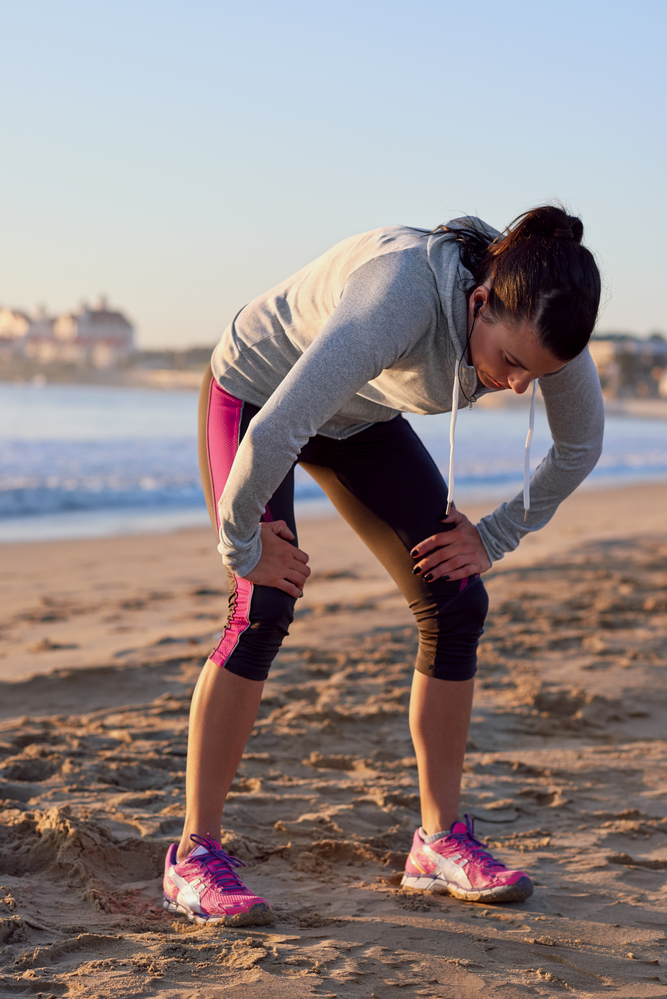 Read your favorite book, watch a movie, go to the theater, a museum - the more new activities, the faster you will relieve the fatigue associated with training.
Read your favorite book, watch a movie, go to the theater, a museum - the more new activities, the faster you will relieve the fatigue associated with training.
3. Be sure to start getting enough sleep. You, at least for a week, had an additional two or three hours that you spent on training. So use them for sleep.
4. Those who exercise regularly are well aware of constant muscle pain the day after exercise. And those who always practice intensively, one way or another, constantly feel this pain. It is not dangerous to health, but it fetters the body and accumulates over time. So take a course of massage. This procedure will perfectly relax your muscles - moreover, it is after a good course from a competent specialist that the results of training steadily improve.
5. It's better not to experiment much with nutrition. Yes, you can treat yourself to your favorite cake or even alcohol, but remember: if you radically change your diet, your body will get a new kind of stress.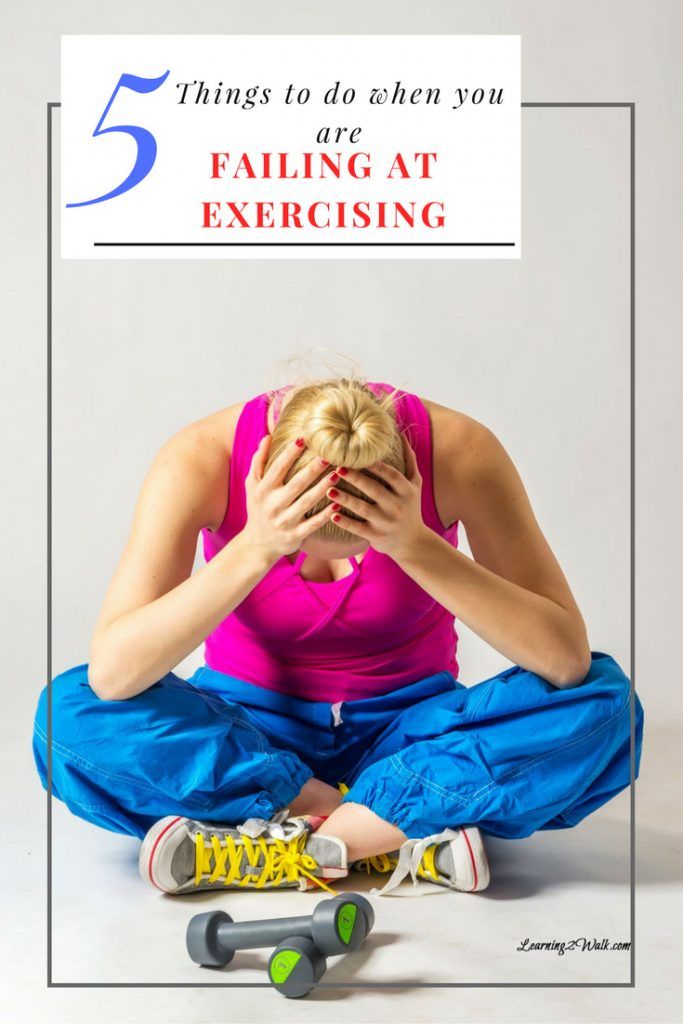 And this will inevitably affect the deterioration of the shape you have gained, more often in the form of fat deposits under the skin.
And this will inevitably affect the deterioration of the shape you have gained, more often in the form of fat deposits under the skin.
Also reduce your intake of sports nutrition on non-training days, because sports nutrition is needed during training. And since there is no training, then there is simply no point in using this or that supplement.
Photo: depositphotos/mindof
I am sure that after such a break, you yourself will miss regular classes, and most importantly, you will feel enthusiasm and a desire to move on. But! I recommend gradually entering the first week into the training rhythm. Work with a weight that is 20 percent less than your usual weights. Focus on the technique of performing exercises, do everything at a slow pace, with a large number of repetitions, I call this "drive out" the blood. But after one or two weeks, feel free to return to the usual rhythm of training. I am sure you are guaranteed a new result.
Kanevsky Eduard
sport
When we plan loads and write down the upcoming work in our training diary, we are full of optimism.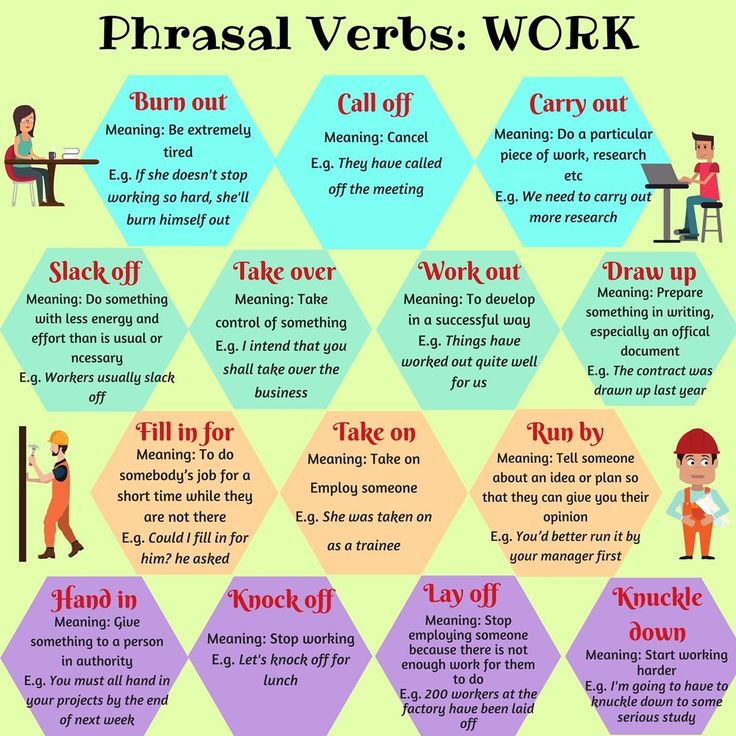 We write down the exercises and upcoming sets, anticipating the possible increase and long-awaited progress. However, even starting to prepare for a training session in advance, we cannot always influence its result, just as we cannot count on the fact that it will go as we expected.
We write down the exercises and upcoming sets, anticipating the possible increase and long-awaited progress. However, even starting to prepare for a training session in advance, we cannot always influence its result, just as we cannot count on the fact that it will go as we expected.
Why is this happening? Because life sometimes makes its own adjustments and, unlike training, it is not always possible to plan it the way we would like. Did you get enough sleep today, were you praised at work, did you get stuck in traffic on your way home, and was the day clear and sunny? So you will get into the gym in a great mood and, perhaps, even set a personal record in some exercise. If so, then congratulations - everything is fine!
But another option is also possible: you didn't get enough sleep (and you almost overslept your work!), you forgot to take lunch with you and got caught in the rain, your mood is somehow not like that all day and your thoughts are not about sports at all.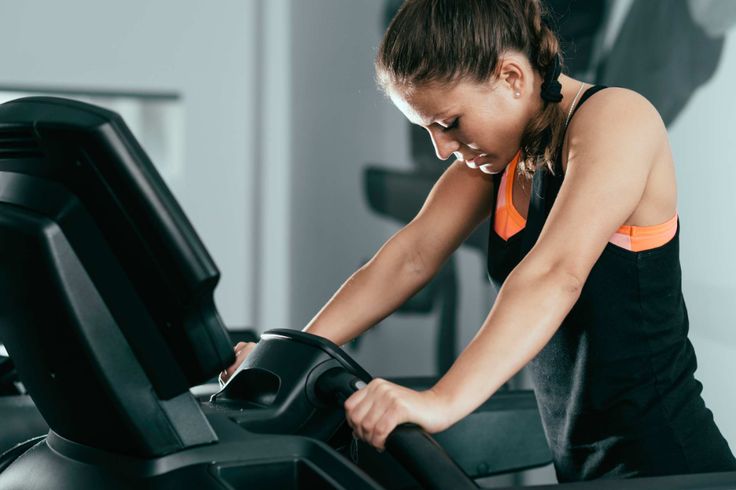 And what to expect from the upcoming training? We did some work and went home. Never mind, better luck next time!
And what to expect from the upcoming training? We did some work and went home. Never mind, better luck next time!
What if the pace of life gets even crazier, busyness increases, and stress levels only increase? Will you have to put up with a constant decline in athletic performance caused by disrupted workouts and reduced performance in the gym? I don't think it's worth doing. Instead, you need to learn how to give your body only as much exercise each time as it can digest at a particular moment in time. It is necessary to become more flexible in relation to training, and if the rhythm of life has become faster at some period of life, not to be overloaded with unnecessary work in the gym.
Stop wasting your time. To begin with, let's make it a rule to prepare for the upcoming workout in advance. If the training is to be in the evening, after work, be ready for it the evening of the previous day. Pack a bag, prepare a shaker and the necessary additives. Make sure that after work you only have to take a bag and go to training. This is necessary in order not to waste time and extra energy on training camps before the training itself. If there is so little time and energy, then you may be tempted not to go anywhere today. However, imagine for yourself: having gathered for training in the evening, you will get to the gym and return home much earlier. The amount of time saved in this way may pleasantly surprise you.
Make sure that after work you only have to take a bag and go to training. This is necessary in order not to waste time and extra energy on training camps before the training itself. If there is so little time and energy, then you may be tempted not to go anywhere today. However, imagine for yourself: having gathered for training in the evening, you will get to the gym and return home much earlier. The amount of time saved in this way may pleasantly surprise you.
First, let's agree on what is better not to eat immediately before training. Do not arrange yourself a dense meal of fatty foods. Fat slows down digestion, and exercising on a full stomach is by no means a pleasure. Plus, eating too much can make you lethargic. Believe me, you will not have any desire to train in this state. And if it occurs, it will pass very quickly.
Instead, use what has been developed specifically for you, the athlete. Namely, sports nutrition. The Myprotein range has just about everything you need to make your workout perfect. And believe me, you will have plenty to choose from! Starting with the simplest, our most explosive MyPre 2.0 pre-workout to improve focus and concentration. Its formula will invigorate you, and you will easily tune in to a productive workout.
The Myprotein range has just about everything you need to make your workout perfect. And believe me, you will have plenty to choose from! Starting with the simplest, our most explosive MyPre 2.0 pre-workout to improve focus and concentration. Its formula will invigorate you, and you will easily tune in to a productive workout.
If you decide not to use pre-workouts, but you have both protein and creatine, take a serving of both before going to the gym. In addition, a cup of invigorating coffee will not be superfluous. Creatine and caffeine will give you strength, while protein will provide you with valuable amino acids.
Remember that extra energy during training certainly does not hurt. So instead of drinking plain water, add 30 grams of glucose or maltodextrin to your shaker. Fast carbs will keep your sugar levels in check and you'll experience less fatigue. Try it yourself, you will very quickly feel the benefits of such a simple drink, and it will definitely take its rightful place in your diet.
If you build your workouts around simple compound exercises (and we hope you've already learned how to do this), then your program is most likely supplemented with a variety of isolated exercises for those muscles that you want to pay due attention. I think that if you have good fitness, then the working volume in them should be solid. But imagine that you have absolutely no strength, you get so tired during the day that you can’t afford to do 7-8 exercises. In this case, you need to come up with a program in advance that will become your backup plan on the day when you feel that you don’t have enough strength for your standard workout.
Plan B could be a workout similar to yours, but significantly reduced. For example, if your plan is to have back and legs, you can deadlift with your legs loaded and do a couple of sets of pull-ups or pull-downs of your choice. Deadlift will put a load on many muscles of the body. Just lower your reps, do one working set, and then take a break to work on your back.